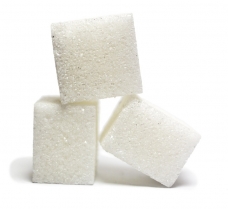
East County News Service
August 24, 2016 (Davis, Ca.) - With its new guidelines, the American Heart Association has definitively taken a stand against added sugars, stating that no child should consume more than six teaspoons – or 100 calories – worth a day.
In doing so, the AHA seeks to prevent many of the heart damaging complications tied to excess sugar consumption: high blood pressure, high lipids, insulin resistance, type 2 diabetes, nonalcoholic fatty liver disease and obesity.
More significantly, they have also taken a strong position against sugary drinks, asking parents to limit consumption of sodas, sports drinks and energy drinks to no more than eight ounces per week for children 2-18 years old and to cut them entirely from the diets of younger children.









Comments
Follow the money.